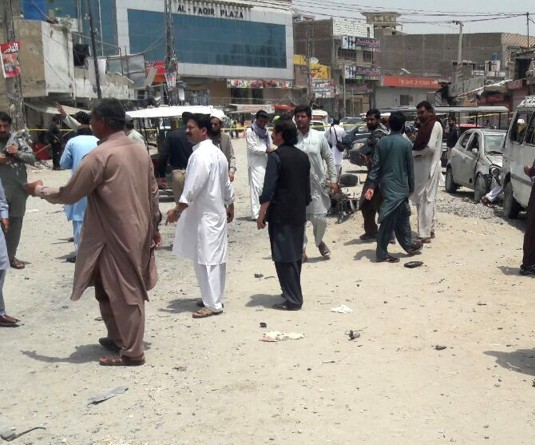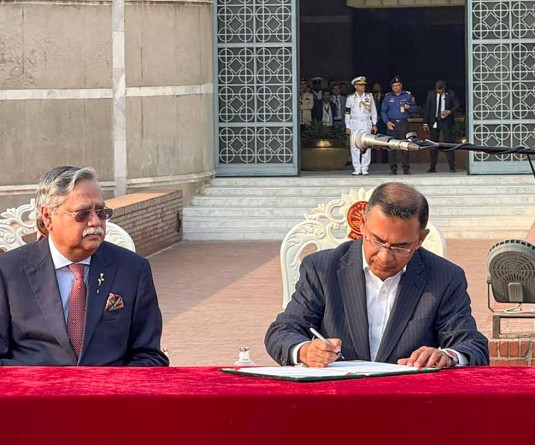Kavota Mugisha Robert, a healthcare worker, who volunteered in the Ebola response, decontaminates his colleague after he entered the house of 85-year-old woman, suspected of dying of Ebola, in the eastern Congolese town of Beni in the Democratic Republic of Congo, October 8, 2019. (REUTERS File Photo)
KINSHASA, November 18 (Reuters): Democratic Republic of Congo announced the end of an almost six-month Ebola outbreak in the west of the country on Wednesday as health authorities looked to apply lessons from the successful response to the fight against COVID-19 in Africa.
The outbreak, which infected 130 people and killed 55, emerged in June, weeks before a separate Ebola epidemic in the east drew to a close. That one killed more than 2,200 people, the second-most in the disease's history.
“I am pleased to solemnly declare the end of the 11th epidemic of Ebola virus disease in Equateur Province,” Health Minister Eteni Longondo told a news conference.
Longondo attributed the success of the response to the ready availability of vaccines and treatments as well as efforts to move treatment centres closer to local communities.
Medics vaccinated 40,000 people in communities scattered across rainforests that often lacked electricity. They used cold-chain technology to keep vaccines at temperatures as low as -80 degrees Celsius, the World Health Organization (WHO) said.
“The technology used to keep the Ebola vaccine at super-cold temperatures will be helpful when bringing a COVID-19 vaccine to Africa," said WHO's Africa director, Matshidiso Moeti.
The International Federation of Red Cross and Red Crescent Societies said it was applying best practices from the Ebola outbreak to COVID-19 including the use of rapid response teams of local volunteers.
African countries have been spared the worst consequences of COVID-19, with relatively low death and infection rates, but the outbreak is still testing already fragile health systems.
Congo has suffered 11 Ebola outbreaks since the virus was discovered near the Ebola River in 1976, more than double any other country.
Its equatorial forests are a natural reservoir for the virus, which causes severe vomiting and diarrhoea and is spread through contact with body fluids.






